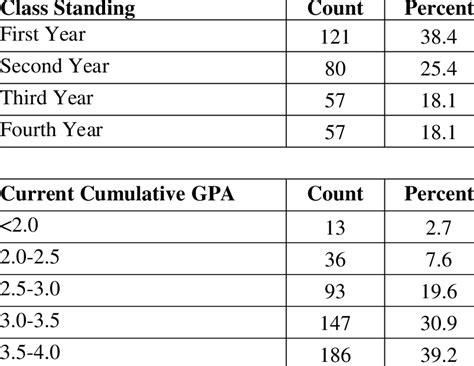When it comes to college admissions, GPA is one of the most important factors that colleges consider. But which GPA do they look at? Your cumulative GPA, or just your junior year GPA?

The answer to this question is not always straightforward. Some colleges will only consider your cumulative GPA, while others will consider both your cumulative GPA and your junior year GPA. And still other colleges will have different policies for different students, depending on their circumstances.
What is Cumulative GPA?
Your cumulative GPA is the average of all the grades you have earned in all of your high school courses. It is calculated by taking the sum of all your grade points and dividing by the number of courses you have taken.
What is Junior Year GPA?
Your junior year GPA is the average of all the grades you have earned in all of your junior year courses. It is calculated by taking the sum of all your grade points in your junior year and dividing by the number of courses you have taken in your junior year.
Which GPA Do Colleges Look At?
As mentioned above, the answer to this question varies from college to college. Some colleges will only consider your cumulative GPA, while others will consider both your cumulative GPA and your junior year GPA. And still other colleges will have different policies for different students, depending on their circumstances.
Here is a breakdown of how different colleges use GPA in their admissions decisions:
- Colleges that only consider cumulative GPA: These colleges will only look at your cumulative GPA when making admissions decisions. They will not consider your junior year GPA or any other factors.
- Colleges that consider both cumulative GPA and junior year GPA: These colleges will consider both your cumulative GPA and your junior year GPA when making admissions decisions. They will typically give more weight to your cumulative GPA, but they will also consider your junior year GPA as an indicator of your recent academic performance.
- Colleges that have different policies for different students: Some colleges will have different GPA policies for different students, depending on their circumstances. For example, some colleges may have a lower GPA requirement for students who are from underrepresented groups or who have overcome significant challenges.
How to Improve Your GPA
If you are concerned about your GPA, there are a few things you can do to improve it. First, make sure that you are taking challenging courses. Colleges will be more impressed by a student who has taken a rigorous course load and earned good grades than by a student who has taken easy courses and earned perfect grades.
Second, make sure that you are studying hard and doing well in your classes. This means attending class regularly, taking good notes, and studying for tests and quizzes.
Third, seek help from your teachers or a tutor if you are struggling in a class. There is no shame in asking for help, and it can make a big difference in your grades.
Conclusion
The answer to the question of whether colleges look at cumulative GPA or just junior year GPA is not always straightforward. It varies from college to college, and it can also depend on the student’s circumstances. However, by following the tips above, you can improve your GPA and increase your chances of getting into the college of your choice.
Additional Tips
- Take the most challenging courses that you can handle. Colleges will be more impressed by a student who has taken a rigorous course load and earned good grades than by a student who has taken easy courses and earned perfect grades.
- Get involved in extracurricular activities. Colleges like to see students who are well-rounded and involved in their communities. Participating in extracurricular activities can show colleges that you are a well-rounded individual with a variety of interests.
- Write a strong personal statement. The personal statement is your chance to tell colleges about yourself and why you want to attend their school. Make sure to write a strong personal statement that highlights your strengths and accomplishments.
- Get good letters of recommendation. Letters of recommendation from teachers, counselors, and other adults who know you well can help you stand out from other applicants. Make sure to ask for letters of recommendation from people who can speak to your character and academic abilities.
